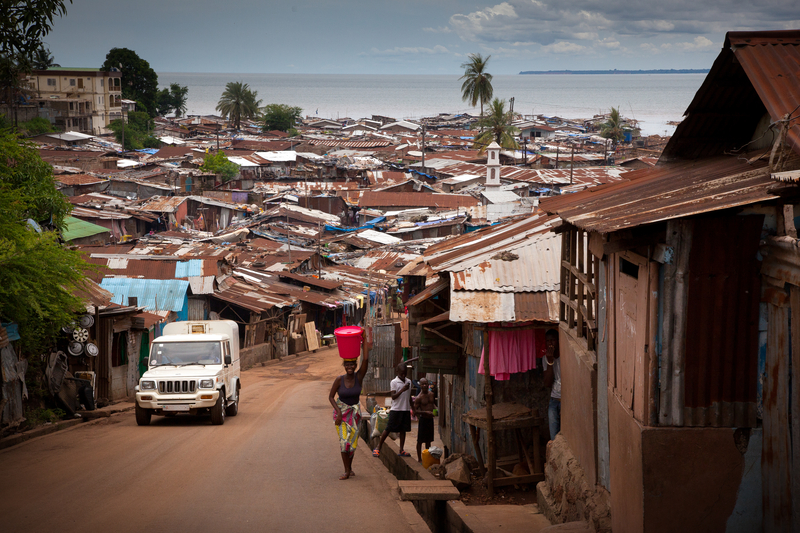
The US International Development Finance Corporation (DFC) has allocated $412m to help Sierra Leone build its first big power station.
The sum comprises a loan of $292m for an 83MW gas-fuelled station in Freetown, and $120m in political risk insurance to encourage private investors to contribute to the scheme.
The DFC lent the scheme $217m in 2021.
The present package is bolstered by a $40m loan from West Africa’s ECOWAS Bank for Investment and Development.
Currently, only 15% of Sierra Leone’s population has access to grid electricity, and that supply is subject to frequent disruption.
Nisha Biswal, the DFC’s deputy chief executive, said the corporation was “proud to support the country’s first, large, utility-scale, independent power project and lay the foundation for reliable and affordable electricity in Sierra Leone”.
Known as the Western Area Power Generation Project, the power station is being developed by Kenya-based Milele Energy and Abu Dhabi-based TCQ Power.
Construction is being carried out by Indian conglomerate Shapoorji Pallonji, with Siemens Energy in charge of the operation and maintenance of the generating equipment.
The project will become Sierra Leone’s main source of power generation upon completion.
David Moinina Sengeh, Sierra Leone’s chief minister, said his regime was committed to providing reliable, clean, affordable and sustainable energy to support the country’s national development efforts.
US ambassador to Sierra Leone, Bryan David Hunt, said the project was “poised to revolutionise Sierra Leone’s energy landscape, bringing opportunity to communities across the nation”.
Sierra Leone’s infrastructure was devastated by a civil war between 1991 and 2002.
The DFC is a state agency established during the administration of Donald Trump in 2018, in part to counter China’s influence in the developing world.
It plans to invest up to $2bn in renewable energy schemes for the 800 million people around the world who have no access to utility electricity.
- Subscribe here to get stories about construction around the world in your inbox three times a week.
Further reading:










